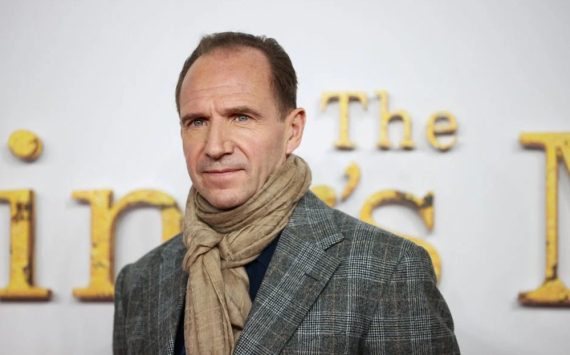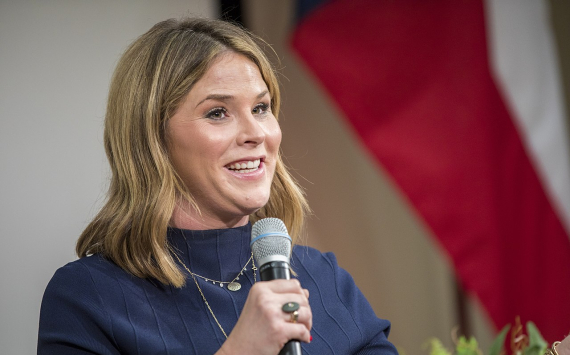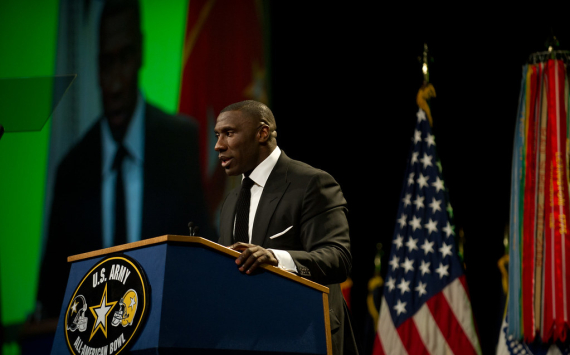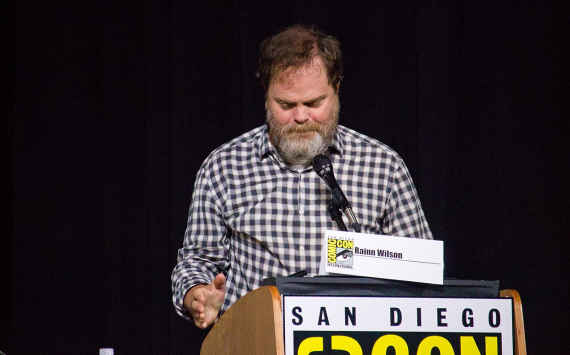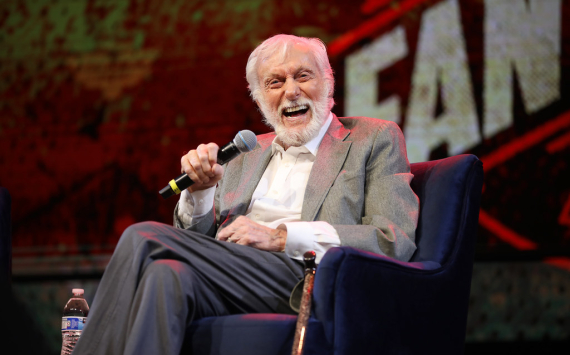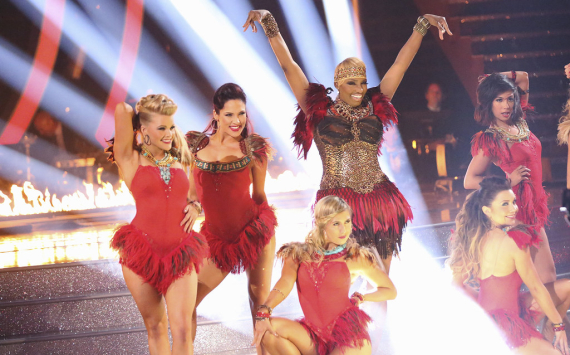
The Problem With 'Boy Meets World'
In a recent Pod Meets World podcast episode, Rider Strong, 44, shared his discomfort filming Boy Meets World's Season 5, Episode 18, "If You Can’t Be With the One You Love." Joined by co-stars Danielle Fishel and Will Friedle, they reflected on the episode's portrayal of Cory (Ben Savage) and Shawn (Strong) turning to alcohol to cope with personal struggles.
The unaired episode follows Cory drinking to cope with his breakup, while Shawn spirals into unhealthy drinking, culminating in a confrontation with his girlfriend Angela. The episode ends with Shawn deciding to seek help for his alcohol abuse.
While Strong acknowledged the show's effort to address serious topics like substance abuse in a youth-oriented sitcom, he admitted that the episode made him uncomfortable. “This was hard for me to watch. I didn’t love this episode,” he shared, expressing that while it was admirable for the show to tackle such an issue, the way it was handled left him feeling uneasy.
Strong elaborated further, noting that while the initial portrayal of drinking, particularly Cory’s experience with it, felt more realistic for teenagers, the sudden shift in Shawn's character seemed jarring and unconvincing. “I was just like, ‘What is happening? This is trying to be so hardcore and heavy and serious,’ and it was just too much. It was just too heavy-handed for me. I was just so uncomfortable and, yeah, I just didn’t think it was good, sorry.”
Strong also criticized the unrealistic portrayal of alcoholism in the episode, comparing it to the experience of someone who had only experimented with alcohol once. “Turning on Angela, yelling at Cory, yelling at that’s the kind of thing that people do after years of drinking,” he said. He felt that the sudden shift from Shawn being a carefree partygoer to a deeply troubled, almost 45-year-old alcoholic was not only unconvincing but damaging to the portrayal of real addiction.
Strong criticized the episode’s rushed portrayal of alcoholism, calling it a “disservice to people” who face real struggles. “To try and cram an entire alcoholic journey and sobriety journey into 22 minutes, that’s not ever what it actually is like,” he said, arguing that the oversimplified approach missed the mark and even "hurt" the issue it aimed to address.





